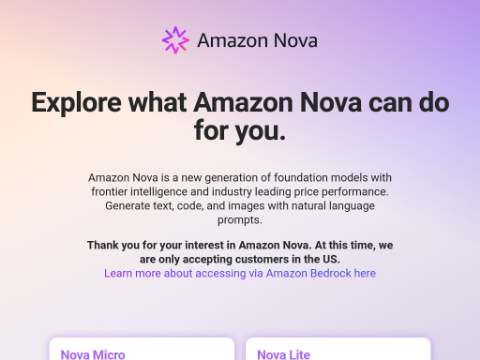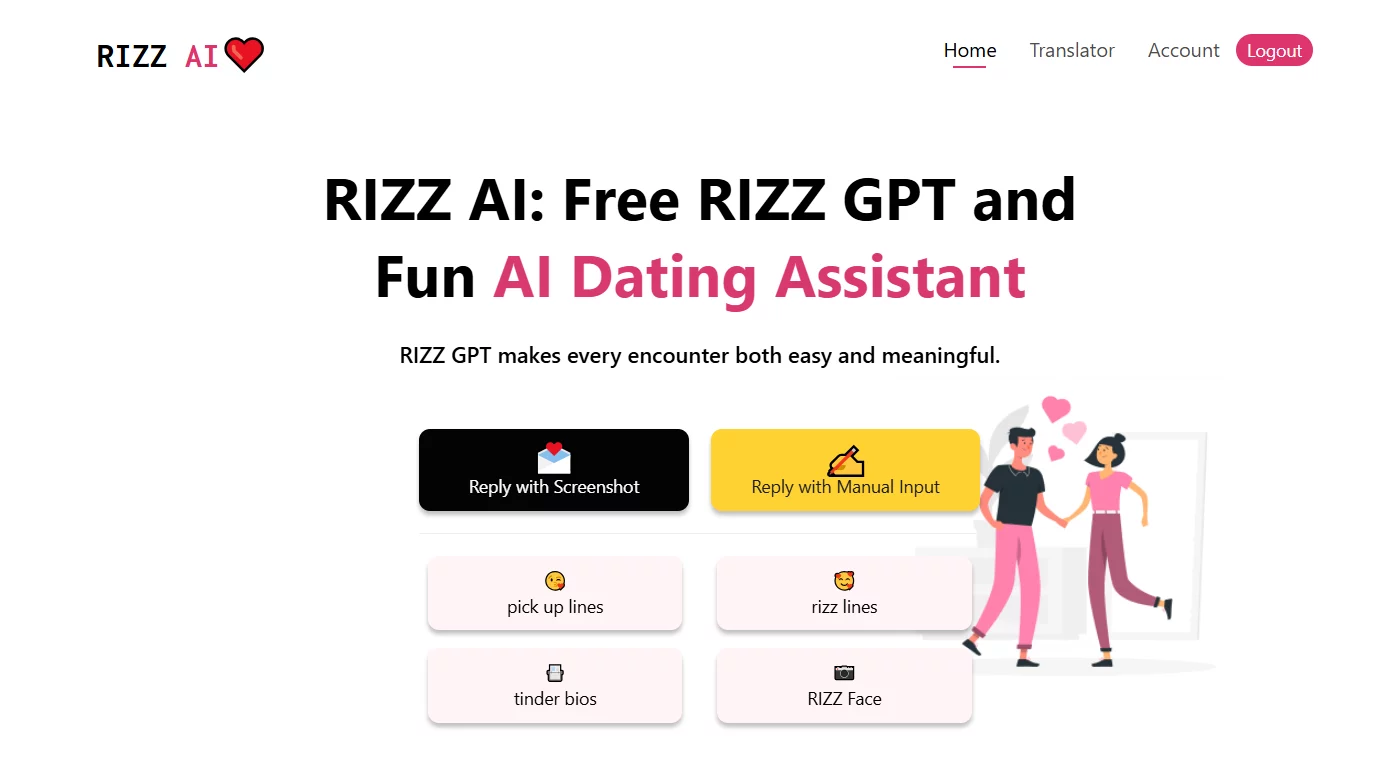On Tuesday, during a health-themed event in New York, Google announced that it is developing a series of "open" AI models called TxGemma, aimed at drug discovery.
According to Google, these AI models will be released later this month through its Health AI Developer Base initiative. They are designed to understand both "regular text" and the structures of different "therapeutic entities," including chemicals, molecules, and proteins.
Google's Chief Health Officer stated that developing therapeutic drugs from concept to regulatory approval is a lengthy and costly process. As such, Google is collaborating with a broader research community to explore ways to enhance the efficiency of this process. Researchers can pose questions to TxGemma to help predict key characteristics of potential new therapies, such as their safety or efficacy.
Google has not specified whether the licenses for these models will permit commercial use, customization, or fine-tuning.
In recent years, numerous companies, including Google's spin-off Isomorphic Labs, have claimed that AI will one day revolutionize the field of drug discovery by significantly accelerating the earliest stages of research. Despite some successes, AI has not provided immediate miraculous solutions in laboratory settings.
Some companies utilizing AI for drug discovery, such as Exscientia and BenevolentAI, have faced high-profile failures in clinical trials in recent years. Moreover, leading AI systems like Google DeepMind's AlphaFold 3 often show significant variability in accuracy when applied to drug discovery.
Nevertheless, major pharmaceutical companies and investors seem to remain enthusiastic about the technology’s potential. In January, Isomorphic Labs, which partners with pharmaceutical giants like Eli Lilly and Novartis, indicated that it expects to begin testing its AI-designed drugs at some point this year. It is estimated that over 460 AI startups are currently engaged in drug discovery, with investors having poured $600 billion into the sector.








